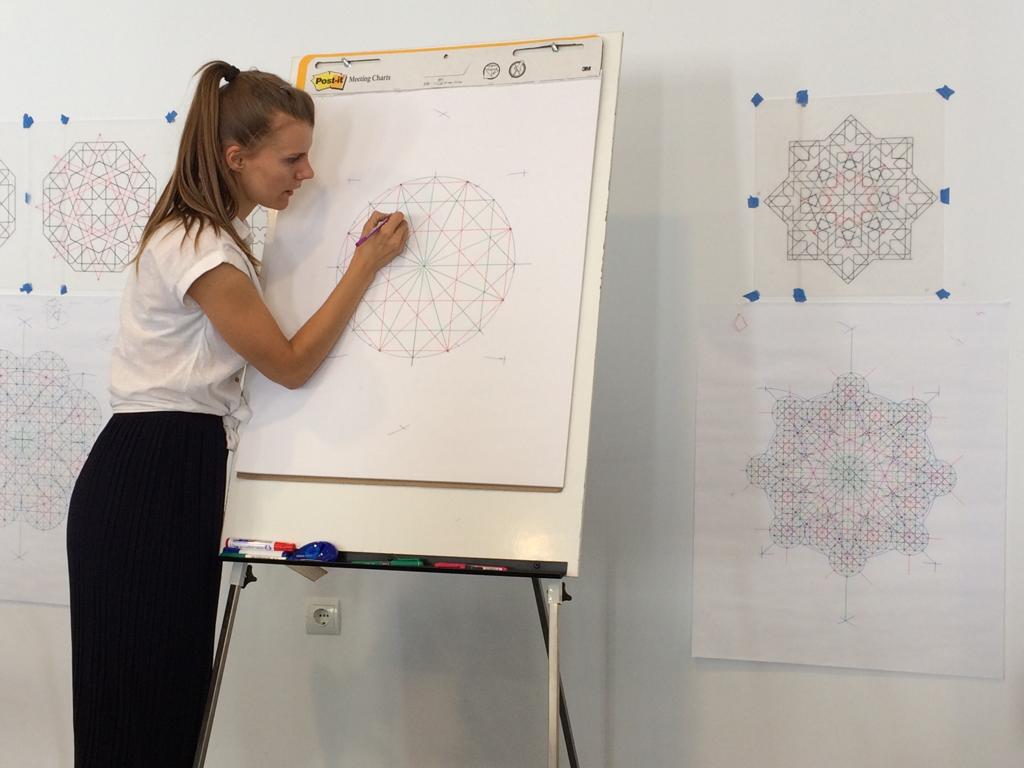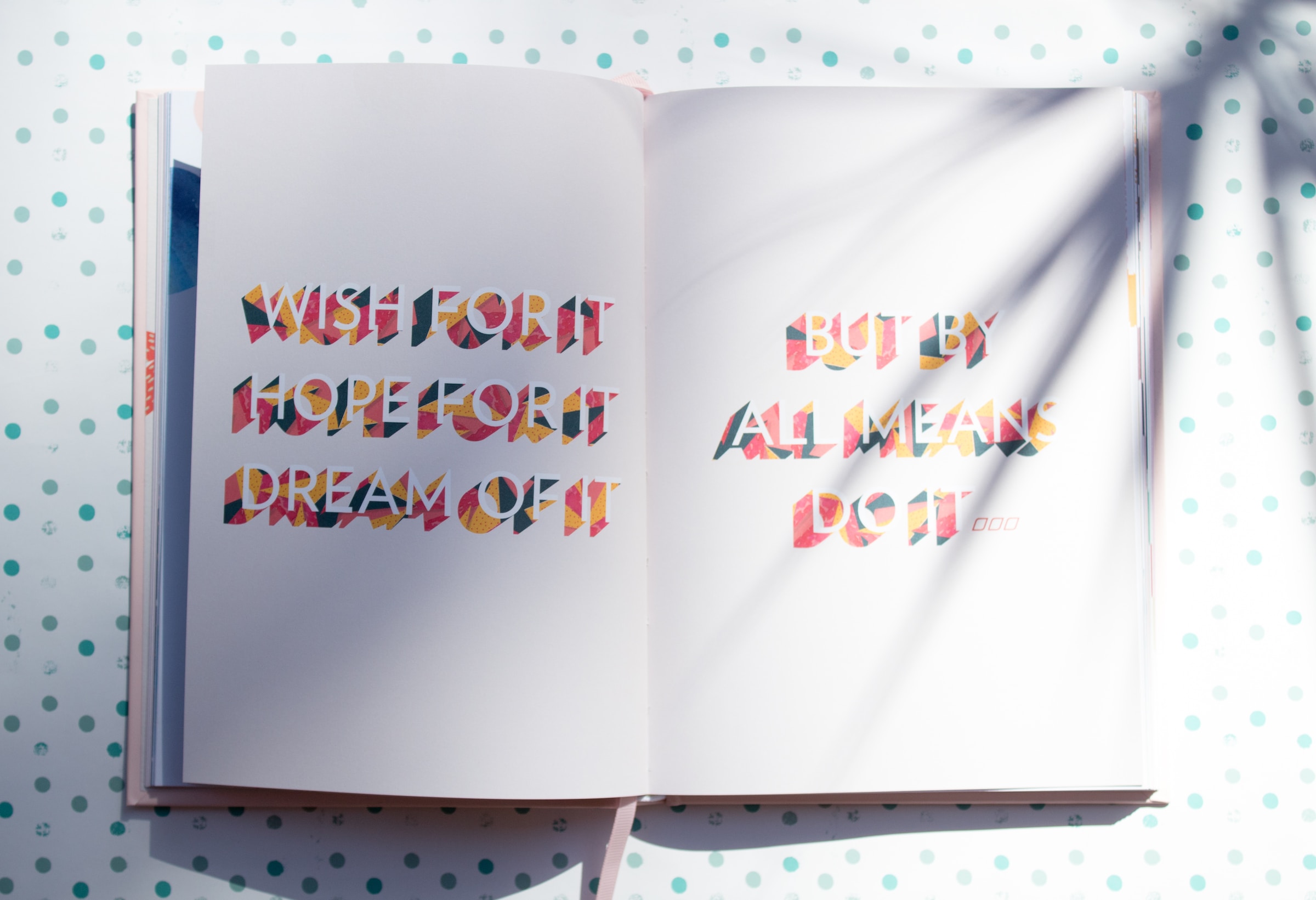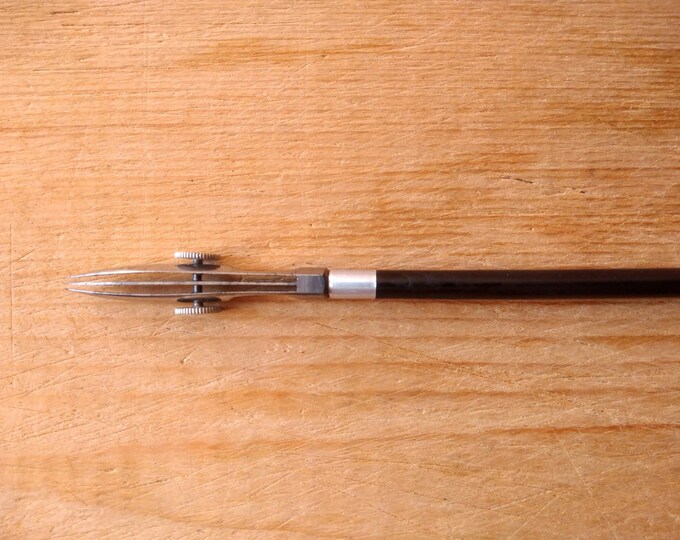
Finally, after seeing the 10th person on your feed offering courses, you have decided to organize your first Islamic art workshop as an educator. Or maybe an organization contacted you, and you said yes. And now you are sitting there wondering what, when, who, why and how you are going to make it.
I remember the first workshop I organized was here in Italy in 2019. Three people attended, and we even got locked outside the building because I forgot the keys inside. Panic attack level 1000!
It was a new experience for me, and I will remember that day forever. I mean, one person even flew here from London to attend it. I felt blessed.
I did another couple of workshops after that one before Covid arrived. I don’t even remember if I earned anything from those workshops, but I really wanted to learn and add that experience to my curriculum.
And here I am, writing this blog post, giving you advice to make your workshops flawless and high-quality. So let’s see what’s in the bucket.
PREP TIME
Before starting the workshop, you have to:
- Decide the pattern you are going to teach
- Find the tools and supplies for your students
Based on the time you have, you will know how many patterns you are going to teach and also if you can include a painting session or not. The participants will probably be beginners, so include time to introduce yourself, explain the tools and supplies of the practice and show them how to use a compass.
Be mindful of the time needed for the workshop. Knowing exactly how much time you will need to teach one pattern is very difficult, so here is what I do: for a 4-hour workshop, I do 2 hours of drawing and 2 hours of painting plus a break in between. I start with one pattern, and I prepare a second one that I can teach just in case I have extra time. Maybe something that it’s easy to draw or that can be drawn using the construction of the previous pattern.
About the tools and supplies, I usually include them in my workshops because not everyone has a compass at home and making the workshop as easy as possible for the participants will double the chance of them attending the workshop.
Here is what I bring with me:
- Compass
- 2H pencil for drawing and 2B pencil for transferring
- Bristol paper for drawing
- Watercolour paper for painting
- Tracing paper
- Ruler
- Rubber
- Sharpener
- Fineliner
- Watercolours, coloured pencils and coloured markers
- Brushes
- In case the venue doesn’t have it I also bring a meeting chart
- All my tools (compass, pencil ruler etc)
I also include printed step-by-step instructions so they can continue practising at home and become more interested in this type of art.
THE FEAR OF NOT KNOWING THE ANSWER
During my first Islamic art workshop as an educator, I had this fear of “what if they ask me something and I don’t know the answer?”.
I think this fear comes from imposter syndrome. Fear of people thinking that I am a scam, that I am not prepared and they are just wasting their money. Before every workshop, I spent weeks perfecting my notes and feeling anxious about the questions students could “possibly” ask me.
Then I attended a pottery course, and one of the students asked a question the teacher couldn’t answer. And you know what she said? “I don’t know, but maybe we can look into that together”.
Simple. Humble. Real.
Yes, because we are not a walking Wikipedia, right? It’s impossible to know everything. Being honest about that and yet willing to solve the issue WITH the student was so brilliant and comforting.
From that moment on, my whole perspective changed.
MAKE IT SPECIAL
Attention to detail will make your students feel at home and come to your workshops again.
Make sure everything is on the table before they arrive. Include your business card so they can find you on IG and follow you. Make sure there are water, snacks and anything you think would take their experience to another level.
Use coloured markers or pencils while teaching. We all know how confusing all those lines can be, and using different colours can make things easier to digest. Also, after every step, check your students and make sure they are not getting lost.
I highly recommend including painting sessions. After a few hours of drawing, people become tired. A painting session is the perfect occasion to get to know them better and create brand awareness (in this case, you can talk about your future workshops or share some knowledge so they know you are an expert).
Teaching Islamic art workshop is one of my favourite things as an educator. Being able to spend time with my students, share my passion and expand my network is priceless and if this is what you want to do find the courage and do it.
If you need advice on how to find your first students read “how to find your first client”.
If you want to expand more on this topic and you feel like being coached could really make the difference instead of trying to DIY, then book your discovery call here because that’s exactly how I can help you.
How to survive your first Islamic art workshop as an educator
October 16, 2023



+ show Comments
- Hide Comments